6 Views· 24 June 2022
PORSCHE 911 GT3 (2022) HOW IT'S MADE? – Porsche Exclusive Manufaktur
Prior to its 117-stage assembly, the Porsche 992 GT3 chassis has spent more than a day going through preparation in the body and paint shop. One of the challenges of painting vehicles and developing paint finishes is working with the material mix of the underlying components. A vehicle body already consists of several different steel and aluminum materials and can also include carbon fiber or polypropylene. Paint batches must suit all exterior features equally and produce the same color.
Before entering the paint shop, the body is degreased, given a phosphate coat and put through an electro-chemical process chiefly used for corrosion protection. During the coating process, the body is dipped into a basin, which is filled with electrophoretic dip paint and deionized water. To achieve optimal coverage of the body, it is rotated around its own axis in the basin.
From here a primer, base coat and clear coat are applied to the body and panels, with a standard color using about 4 liters of liquid application between the three stages. Primers are chosen based on final color; light colors require light primers, dark colors need dark primer. The base coat is the colored layer which delivers the requested hue and is only up to 30 micrometers thick. To put that into comparison, a standard piece of printer paper is around 100 micrometers.
The car’s final layer, the clear coat, is its thickest and is sprayed between 30 to 50 micrometers, illustrating just how thin the individual paint coats are. The painted car is then dried at a maximum temperature of 392˚ Fahrenheit (200˚Celcius) for more than two and a half hours. “A lot of customers want to underline their personality with their car and bring their flavor into the car concept,” said Apenbrink. “Nothing underlines personality as well as the car color because this is what tells the story.”
Standard, metallic and special colors are specifically defined in advance for each model line in the series and, in some cases, even for each derivative for each model year. The quantity of colors offered is determined by the number of storage tanks and paint supply lines within the paint shops at the production plants. For this reason, no more than 17 standard exterior colors can be offered from a purely technical standpoint for the 911.
With Paint to Sample, more than 100 additional pre-approved colors beyond the standard offering are available from the factory on a new 911 or 718. The Taycan, Cayenne, Panamera and Macan have more than 50 additional choices available. New hues can be considered as well via the Paint to Sample Plus program if a customer wants to take it a step further, a process that can color match almost any request as long as it passes a rigid feasibility test.
Paint to Sample Plus is currently only available on vehicles produced in Zuffenhausen – 911, 718, Taycan – and color development alone takes at least five months. Paint to Sample Plus offers the option for customers to permanently add another color to the Porsche color range. All customers who request a color for the first time and pay the additional price for the color development can consider themselves the creator of this color. The customer and color are recorded in the Porsche Color Database, and the color is added to the pre-approved options in the Paint to Sample program as quickly as possible so others may also order the newly created paint color. “You are building a bespoke car with individual craftsmanship processes behind it,” says Apenbrink. “You can have your bespoke color.”
Thanks for watching
Comment, like, dislike, share! 🤟
Don't miss next car videos, subscribe now ► https://goo.gl/5i54Vg
✅ Source: Porsche
🎵 MUSIC used
Epidemic Sound ► https://bit.ly/2OvT1SC (30 days free)
Artlist ► https://artlist.io/JEAN-PAUL-784473 (60 days free)

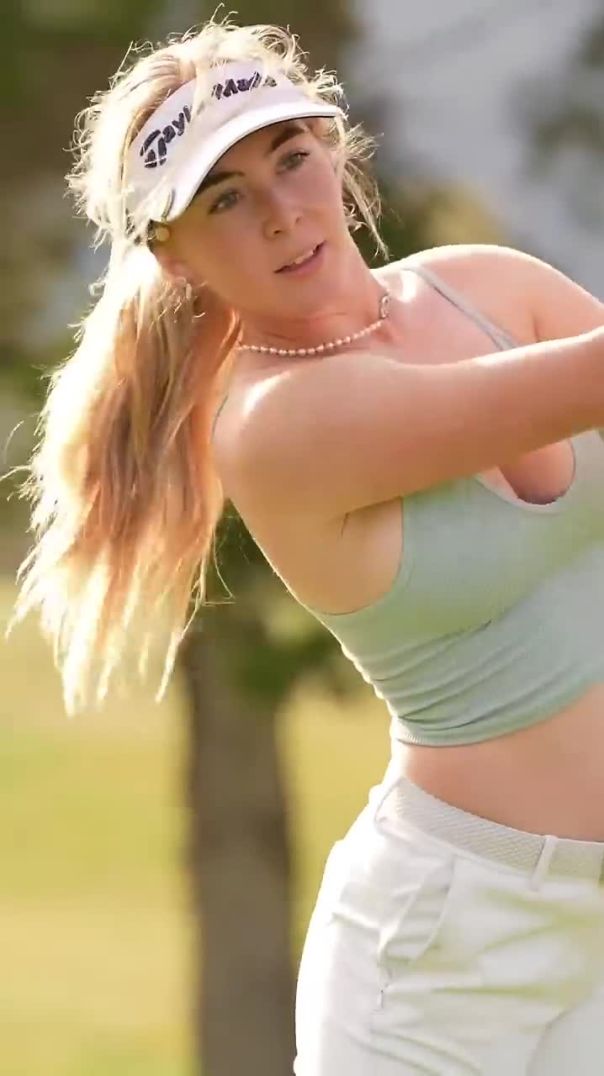
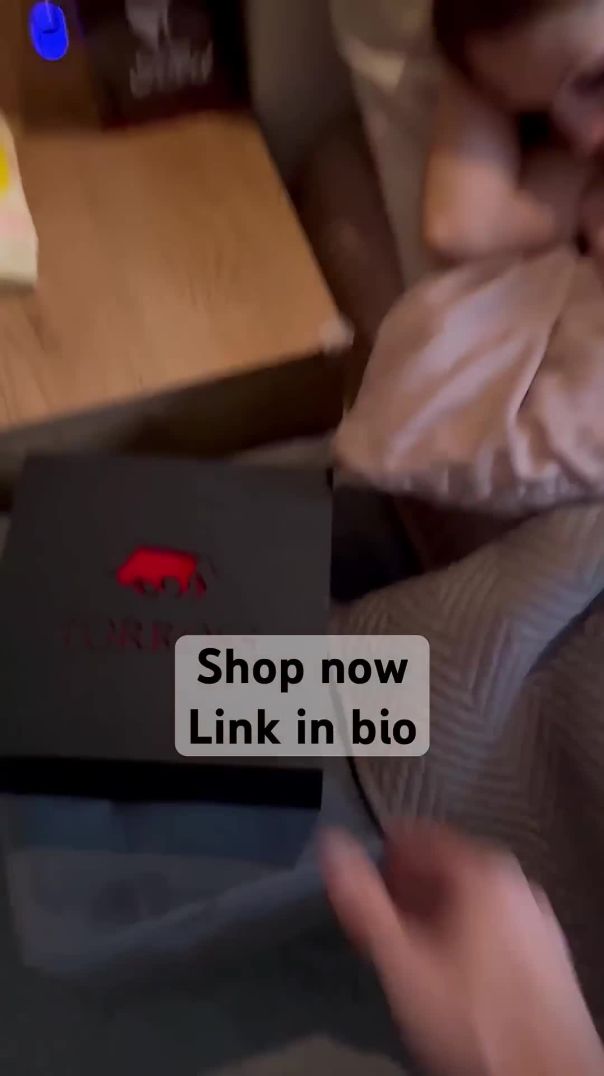
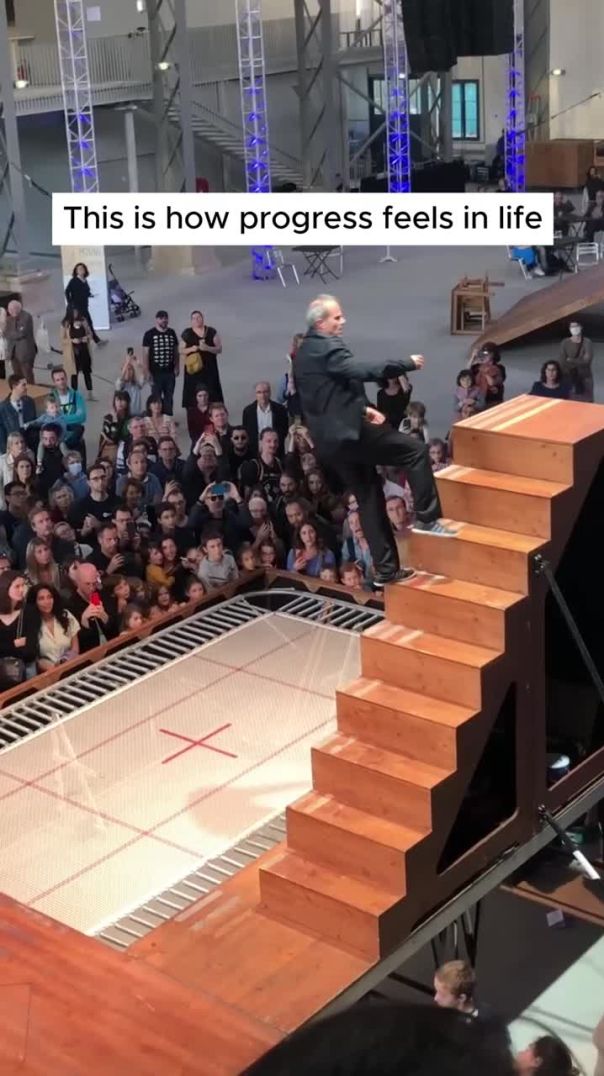
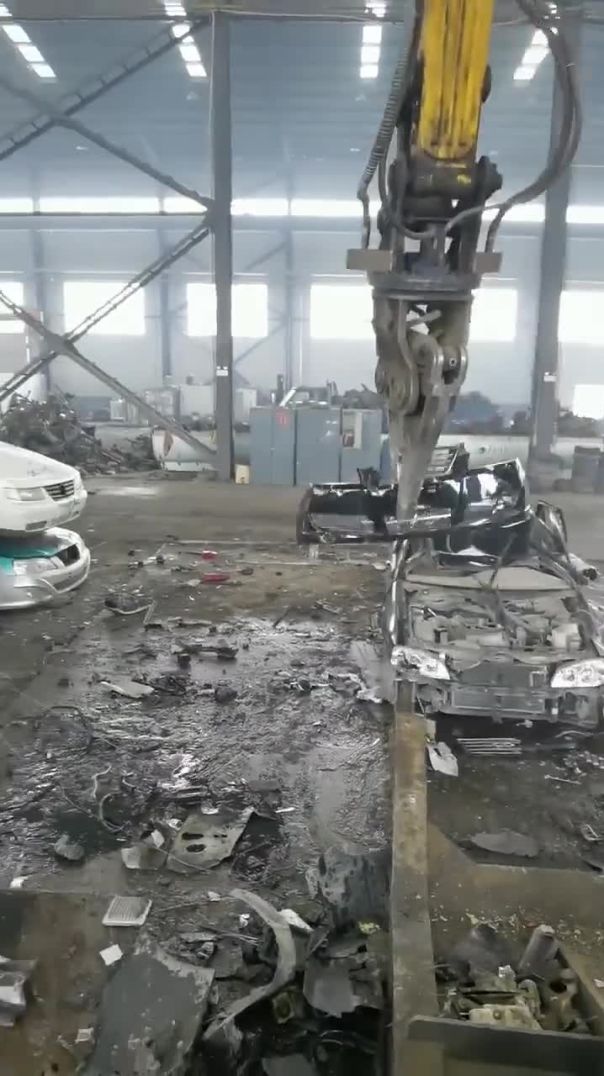
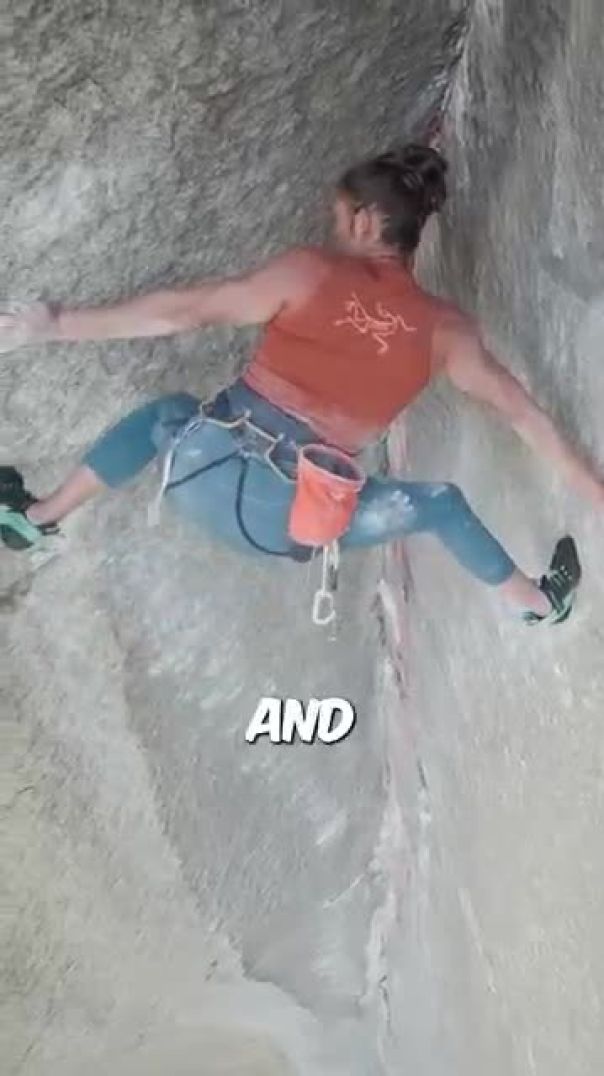
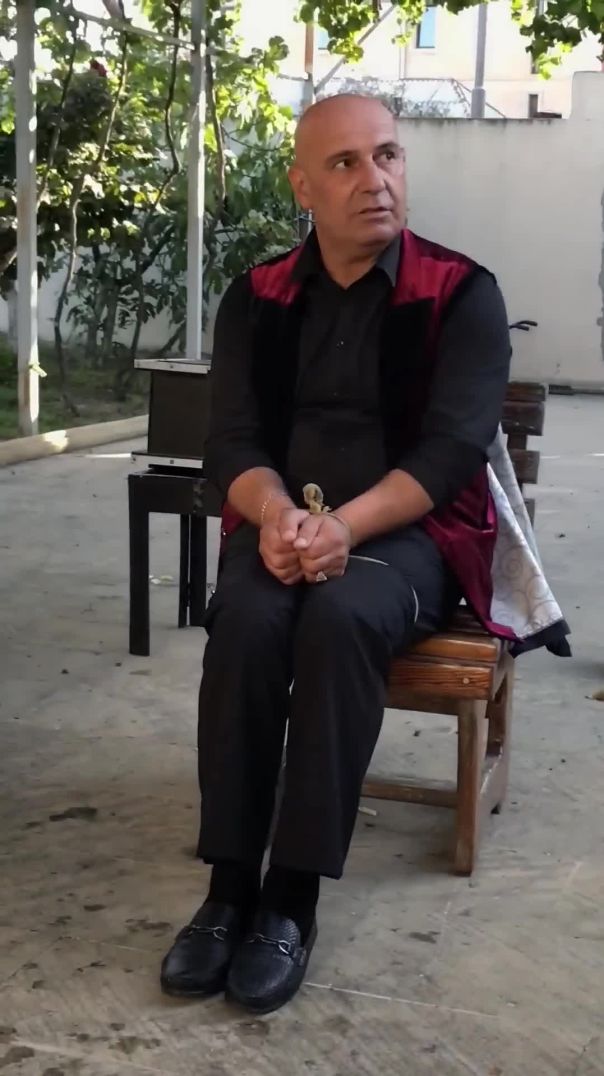




















0 Comments